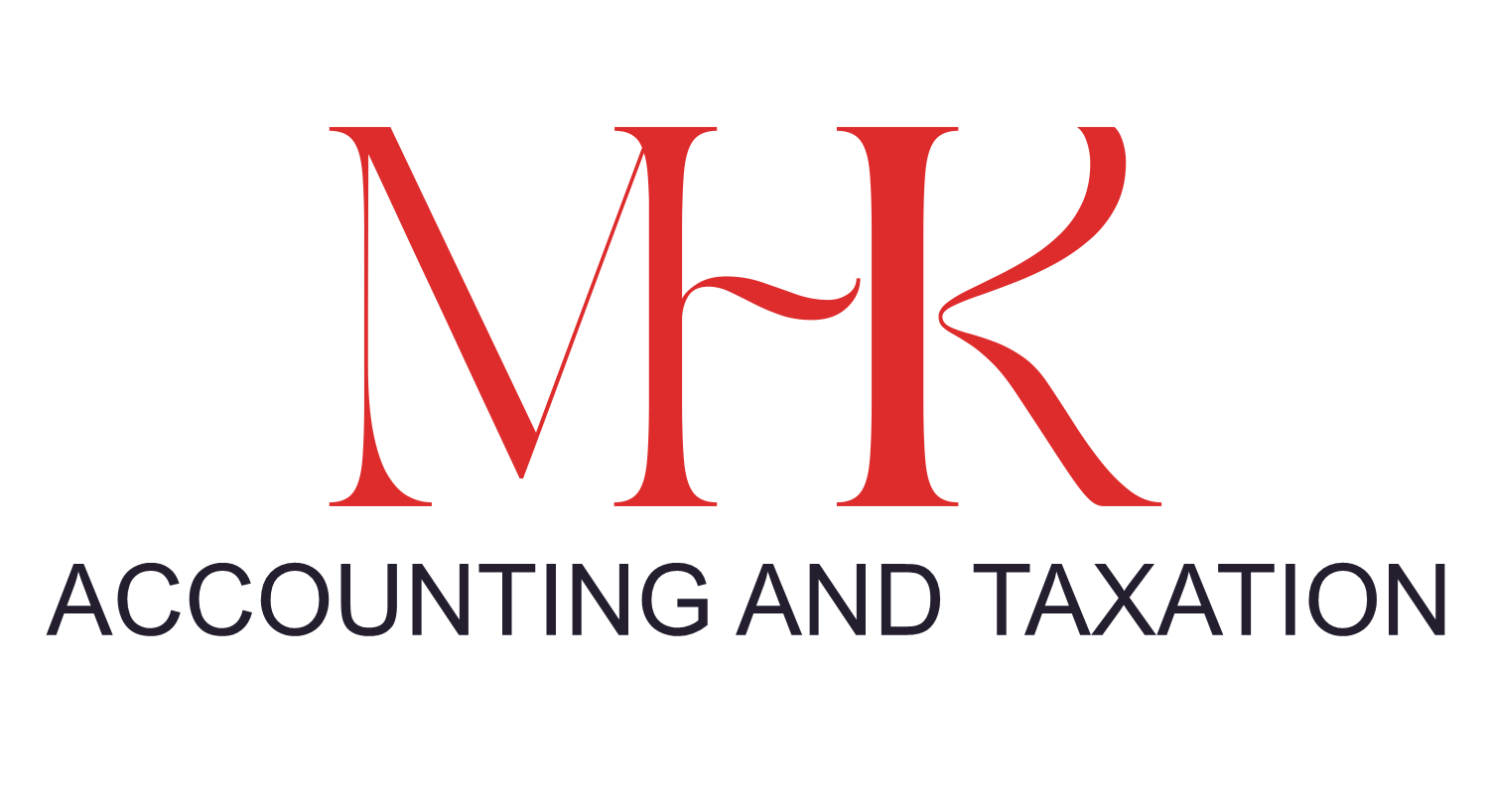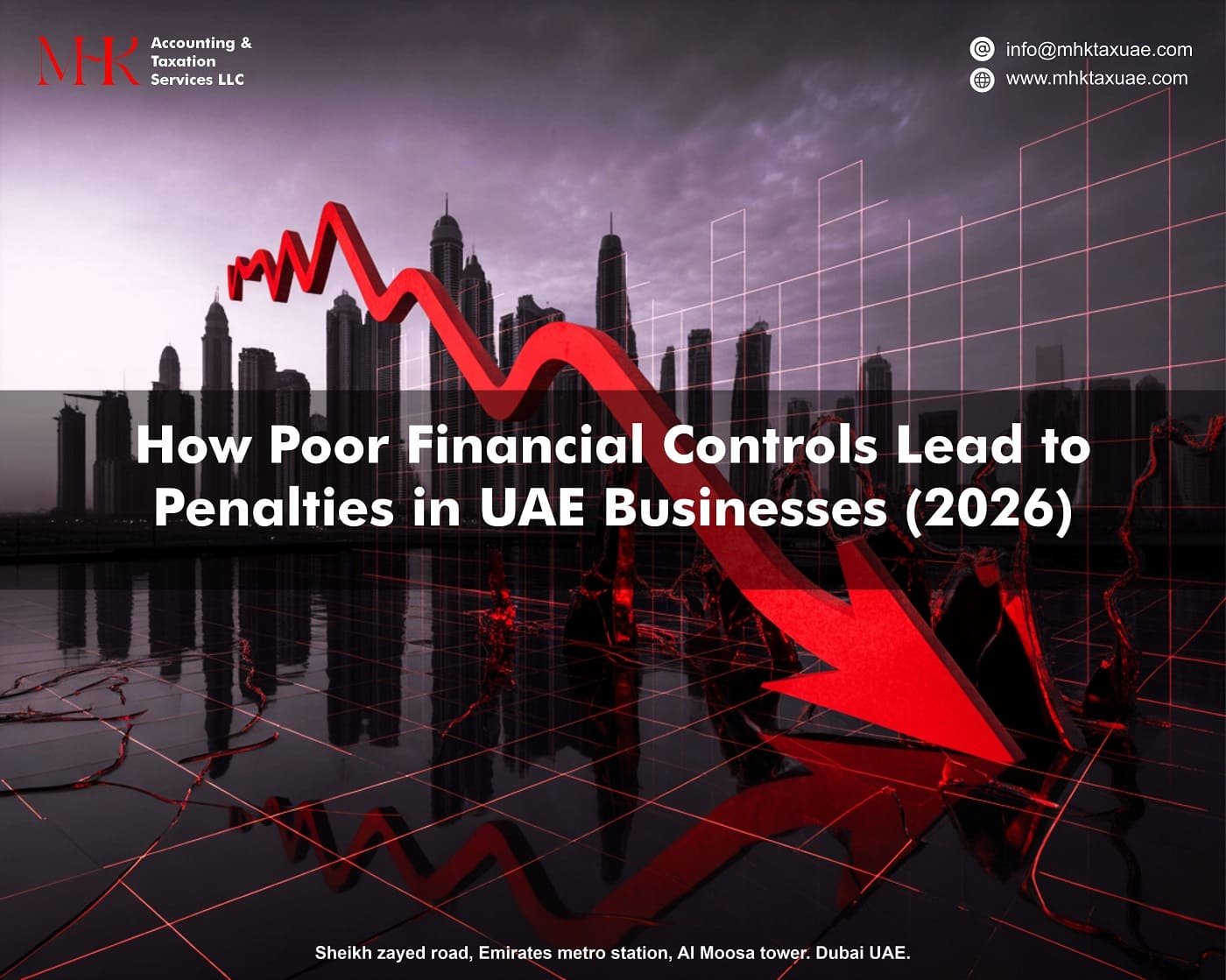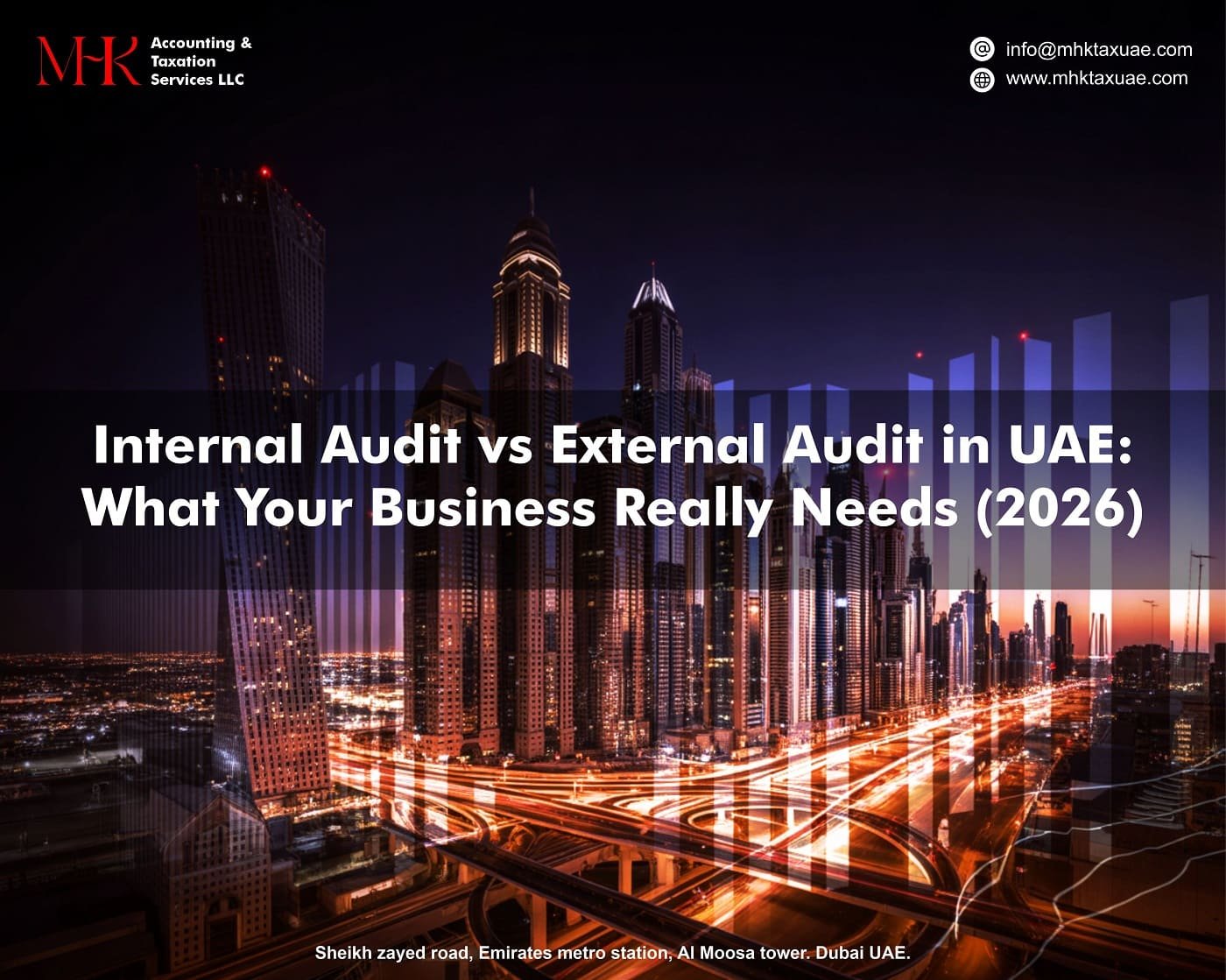
Choosing the Right Business Structure in UAE
When starting a business in Dubai, Abu Dhabi, or anywhere in the UAE, one of the most important decisions for SMEs is choosing the right legal structure. Your business structure affects everything from ownership and liability to taxation, compliance, and expansion opportunities.
This guide will help small and medium enterprises (SMEs) understand the key business structures in the UAE and how to select the right one.
Why Choosing the Right Business Structure Matters
The business structure you choose determines:
- Ownership rights and profit-sharing.
- Liability exposure of owners.
- Tax obligations (including VAT and corporate tax).
- Ability to expand or attract investors.
- Ease of doing business locally and internationally.
Need professional help? Check our Business & Tax Services.
Main Types of Business Structures in UAE
1. Sole Establishment (Proprietorship)
- Owned by one individual.
- Full control, but owner is personally liable for debts.
- Simple and low-cost to set up.
Best for: Freelancers, consultants, and small service providers.
2. Limited Liability Company (LLC)
- Most common structure in Dubai & Abu Dhabi.
- Requires 2 to 50 shareholders.
- Liability is limited to share capital.
- Can conduct a wide range of commercial activities.
Best for: SMEs planning to grow and hire employees.
3. Free Zone Company
- Set up in UAE free zones (e.g., DMCC, JAFZA, ADGM).
- Offers 100% foreign ownership.
- Benefits include zero import/export duties, simplified procedures, and attractive tax incentives.
- Restricted to operating mainly within the free zone or internationally.
Best for: Startups, trading companies, and international SMEs.
4. Branch of a Foreign Company
- Allows a foreign business to operate in UAE under the parent company’s name.
- No separate legal identity.
- Can trade, invoice clients, and operate commercially.
Best for: International companies expanding into the UAE.
5. Civil Company / Partnership
- Owned by two or more professionals (e.g., doctors, engineers, accountants).
- Partners share profits and liabilities.
- Ideal for professional services.
Best for: Consultancy firms, clinics, and small agencies.
Factors to Consider Before Choosing
When deciding your business structure, ask yourself:
- Do I want full ownership or am I okay with a local partner?
- What are my liability risks?
- Will I operate locally, regionally, or internationally?
- How will this structure affect tax compliance (VAT & corporate tax)?
- Do I need a structure that attracts investors or funding?
For tailored guidance, explore our Advisory Services.
Tax & Compliance Considerations
- VAT (5%) applies to most business structures once turnover exceeds AED 375,000.
- Corporate Tax (9%) applies to profits above AED 375,000 (effective June 2023).
- Free zone entities may benefit from tax exemptions, depending on activity and compliance.
Learn more in our detailed FAQs.
Common Mistakes SMEs Make
❌ Registering a structure without understanding tax impact.
❌ Choosing free zones without considering target market access.
❌ Ignoring compliance requirements and annual renewals.
❌ Overlooking future scalability and investor needs.
How MHK Tax Consultancy Supports SMEs
At MHK Tax Consultancy, we help businesses in Dubai, Abu Dhabi, and across the UAE to:
- Select the best-fit business structure.
- Handle VAT & Corporate Tax compliance.
- Manage accounting, bookkeeping, and audits.
- Provide ongoing business advisory services.
Explore our full range of services here.
Final Thoughts
Choosing the right business structure is a critical first step for SMEs in the UAE. The right decision can set your company on the path to growth, compliance, and long-term success.
If you’re unsure, it’s always better to consult with experts before making a commitment.
Contact MHK Tax Consultancy today and let’s build the right foundation for your business journey in the UAE.





